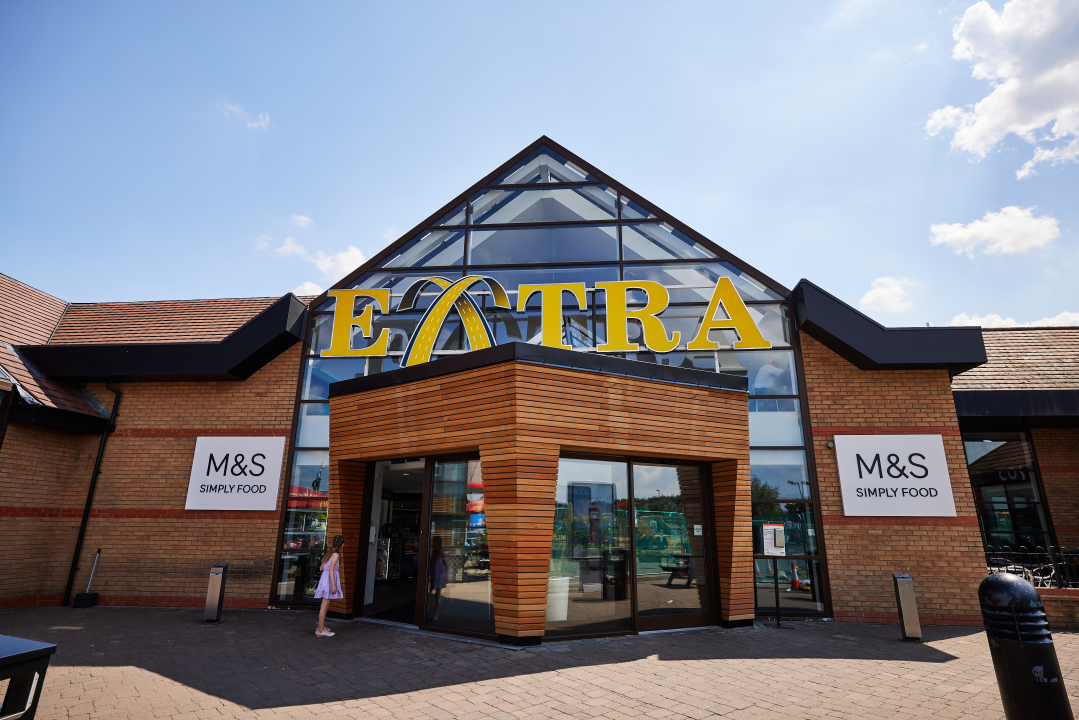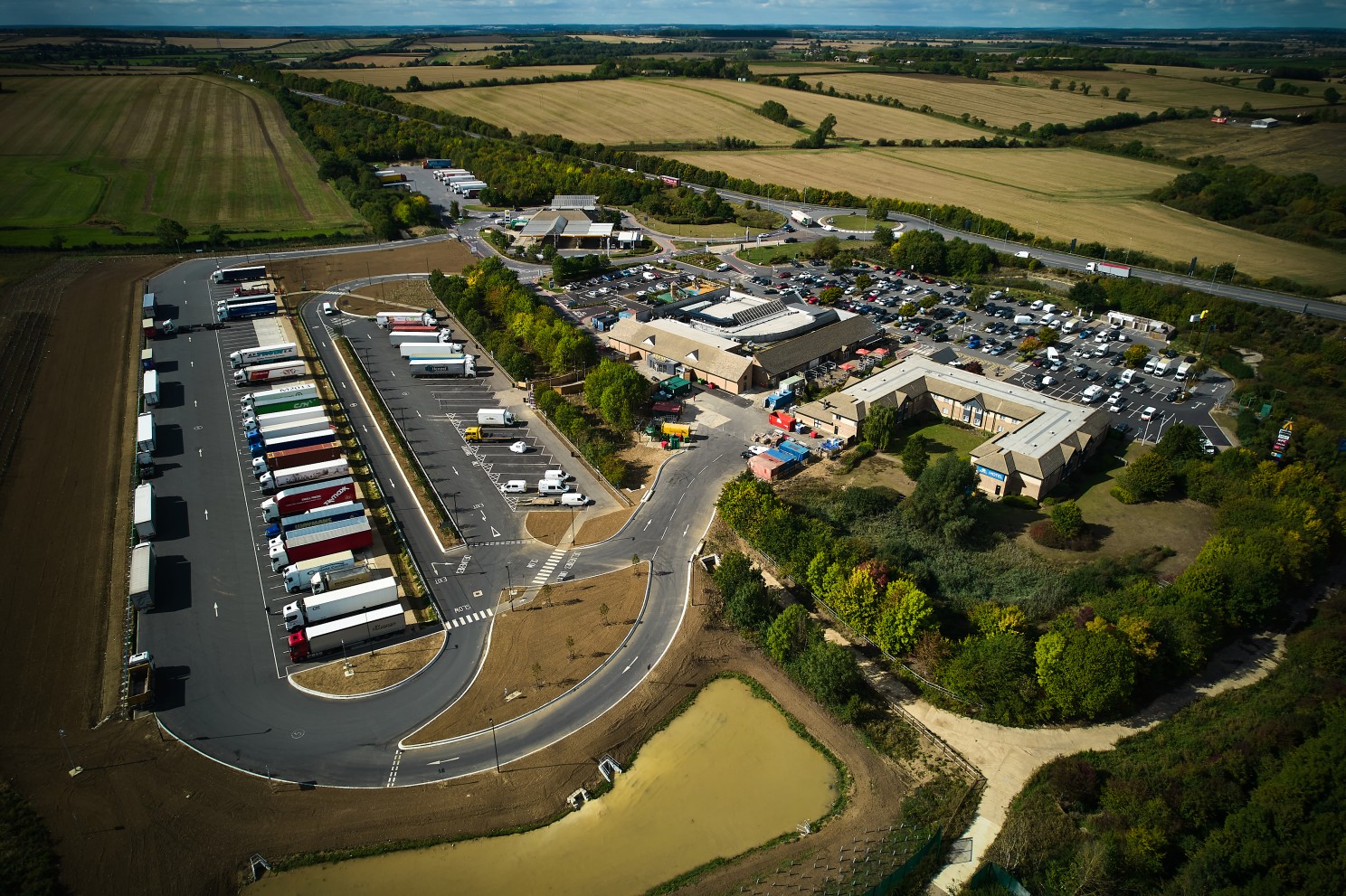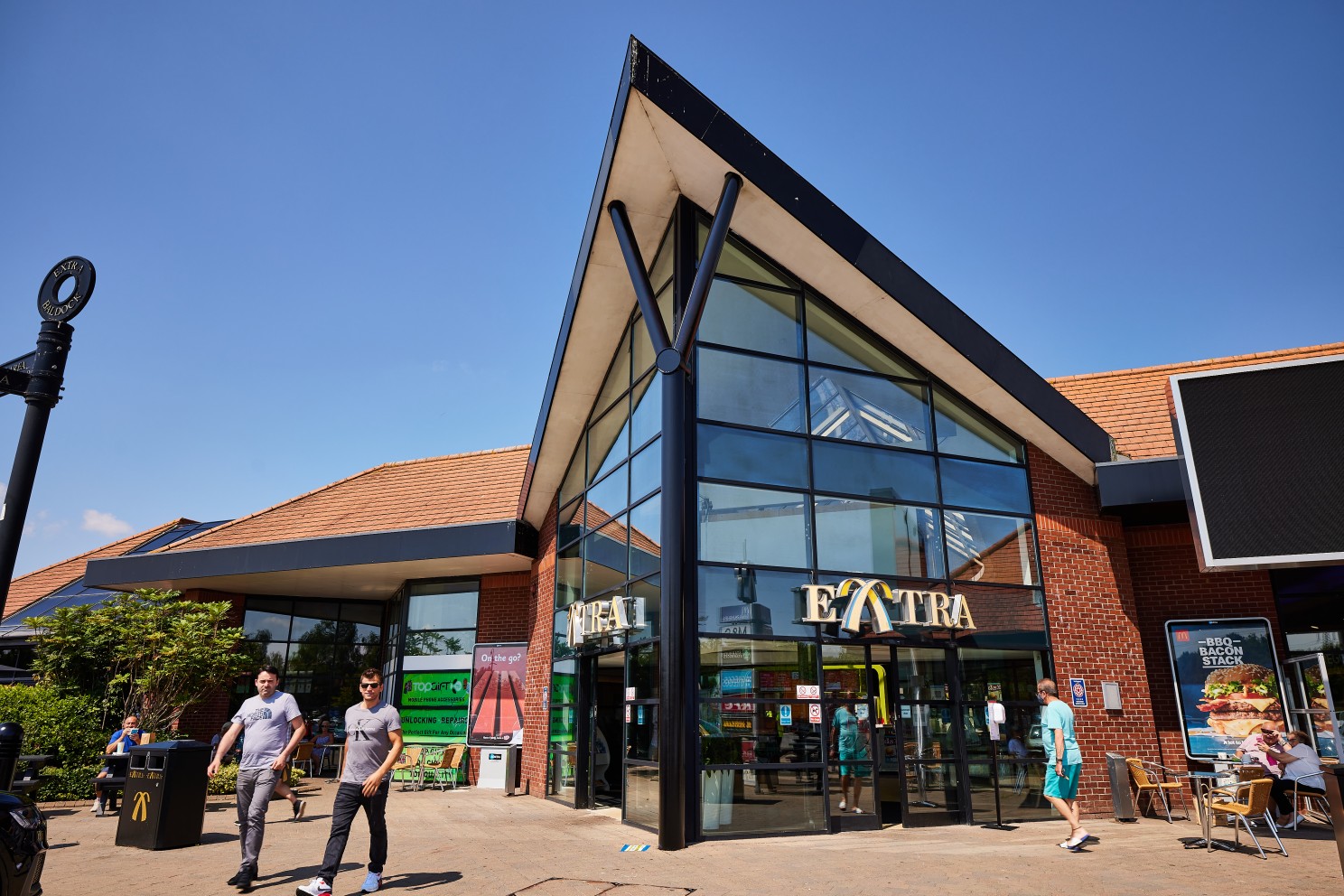
Josh Cousens
Strategické partnerstvo: Prístup SNAP a Extra k parkovaniu nákladných vozidiel
Vytvorené: 01. 08. 2024
•
Aktualizované: 13. 08. 2024
Riaditeľ Ross Mendenhall vysvetľuje, ako SNAP pomohol spoločnosti Extra Motorway Service Area (MSA) zvýšiť rast tržieb v celej sieti až o 8 % ročne od začiatku spolupráce v roku 2011.
"Kľúčovou výhodou pre nás je, že zákaznícka základňa SNAP sa neustále rozširuje, čo nám umožňuje osloviť ďalších 30 000 potenciálnych zákazníkov ročne," hovorí Ross Mendenhall, ktorý využíva SNAP na maximalizáciu obchodu s parkovaním nákladných vozidiel spoločnosti Extra.
Ross vysvetľuje svoju úlohu v spoločnosti Extra: "Dohľadejem na našu sieť ôsmich MSA v Anglicku, zabezpečujem najlepšie pracovné prostredie a procesy, ktoré nám umožňujú poskytovať maximálnu spokojnosť zákazníkov, a spolupracujem s naším generálnym riaditeľom, aby sme sa zamerali na naše rastové ambície.
"Úzko spolupracujem aj s našimi dodávateľmi a značkami nájomcov, aby sme zabezpečili čo najlepší zážitok pre všetkých, ktorí navštívia naše obchodné priestory."
Ďalšie oblasti diaľničných služieb
Po otvorení prvého pracoviska v Cambridge v roku 2000 je spoločnosť Extra v súčasnosti jedným z najväčších prevádzkovateľov diaľničných služieb v Spojenom kráľovstve. V najnovšom prieskume Transport Focus Motorway Service Users bola spoločnosť Extra zvolená za prevádzkovateľa číslo jeden v oblasti spokojnosti zákazníkov v Spojenom kráľovstve.
Ross hovorí: "Ústrednou myšlienkou nášho podniku je snaha urobiť niečo navyše, aby sme všetkým našim návštevníkom poskytli skvelé zážitky.
"Sme hrdí najmä na to, že ponúkame široký sortiment obľúbených značiek potravín a nápojov v Spojenom kráľovstve, malebné vonkajšie priestory s venčoviskami pre psov a detskými ihriskami, ako aj bezpečné, čisté a kvalitné zariadenia pre všetkých."
V roku 2023 sa v extra diaľničných servisných zónach uskutočnilo 260 066 parkovaní SNAP.

Zadajte SNAP
Ross vysvetľuje, že spolupráca so spoločnosťou SNAP začala v roku 2011 a pomohla jej rozšíriť služby parkovania pre nákladné vozidlá. "SNAP nám pomáha informovať vodičov nákladných vozidiel a vozové parky o našich kľúčových službách a poskytuje im prehľad o našich možnostiach parkovania, tankovania a umývania.
"Snažíme sa zvyšovať spokojnosť vodičov nákladných vozidiel, ktorí u nás zastavujú, a zapojenie do siete SNAP nám to umožňuje. Prostredníctvom aplikácie môžeme rozvíjať naše partnerstvá a organický predaj tým, že zákazníkom poskytneme účinný nástroj, ktorý im umožní dozvedieť sa viac o našich zariadeniach vrátane toho, ako im môžeme spríjemniť, spríjemniť a zabezpečiť pobyt."
Ako prebiehalo nastavenie?
Chceli sme zistiť, či sa v počiatočných fázach vzťahu vyskytli nejaké komplikácie.
Ross hovorí: "Bolo to veľmi jednoduché. Tím SNAP bol pripravený odpovedať na všetky naše otázky a aj po dokončení nastavenia si rád vypočul našu spätnú väzbu o tom, ako by sa dal systém ďalej vylepšiť, aby lepšie vyhovoval našim potrebám."
Rast príjmov
Opýtali sme sa spoločnosti Ross, či SNAP pomohol spoločnosti Extra zvýšiť jej príjmy:
"Naše partnerstvo so spoločnosťou SNAP nám pomohlo stabilne zvyšovať rast tržieb, ktoré sa medziročne zvýšili o 8 %, pričom rast transakcií sa zvýšil o 2 %.
"Naše služby v Cambridge a Peterborough zaznamenali najväčšie medziročné zlepšenie o 11 % a 12 %. Okrem toho sú naše služby v Peterborough, Leeds a Cambridge teraz obsadené na viac ako 100 %."

SNAP Prístup a zabezpečenie
Po niekoľkoročnej úspešnej spolupráci nás spoločnosť Extra v roku 2018 požiadala, či by sme im nepomohli zlepšiť ich bezpečnostné zariadenia.
"V priebehu rokov sme ďalej rozvíjali naše partnerstvo so spoločnosťou SNAP a investovali sme do technológií CCTV a ANPR, aby sme zaistili maximálnu bezpečnosť.
"Inštalácia bezpečnostných technológií na všetkých ôsmich našich pracoviskách nám pomohla ochrániť naše príjmy a zabezpečiť, aby každé vozidlo platilo za správne obdobie svojho pobytu.
"Vplyv spolupráce so spoločnosťou SNAP Access & Security bol takmer okamžitý - od spustenia prevádzky sme zaznamenali nárast príjmov z parkovania o približne 20 %.
"Okrem toho, keďže bezpečnosť je jednou z priorít vodičov nákladných vozidiel pri dlhodobom zastavení, sme radi, že im môžeme spríjemniť pobyt tým, že ich ubezpečíme, že máme komplexné opatrenia, ktoré pomáhajú minimalizovať riziko krádeže.
"Prístup k informačným panelom spoločnosti SNAP tiež znamená, že môžeme monitorovať údaje v reálnom čase, čo nám umožňuje poskytovať čo najlepší používateľský zážitok," hovorí Ross.
Najlepší kúsok
Na záver rozhovoru sme sa chceli Rossa opýtať, čo považuje za najlepšiu vec na práci so SNAP:
"Kľúčovým úspechom je pre nás vplyv na efektivitu zamestnancov. Zavedenie systému ANPR v kombinácii s platobnými terminálmi umožňuje vodičom možnosť samoobsluhy, čo znamená, že zamestnanci sa namiesto toho môžu sústrediť na iné kľúčové úlohy, ako je upratovanie, údržba a služby zákazníkom.
"Veľkým lákadlom je aj flexibilita, ktorú platobné terminály ponúkajú: vodiči môžu používať platobné terminály v 15 jazykoch, čo zlepšuje skúsenosti zákazníkov a znižuje problémy s jazykovou bariérou."
Ak sa chcete dozvedieť viac o partneroch služby Extra v sieti SNAP, navštívte mapu SNAP ešte dnes. Ak ponúkate parkovacie zariadenia pre nákladné vozidlá a chcete sa pripojiť k sieti SNAP, zistite viac tu.


